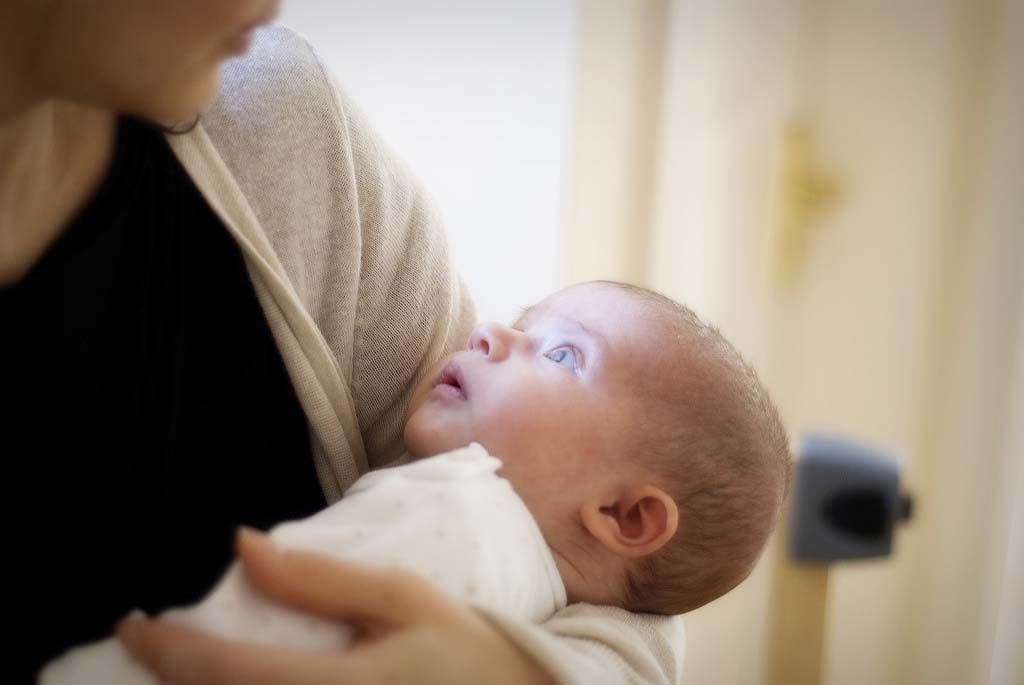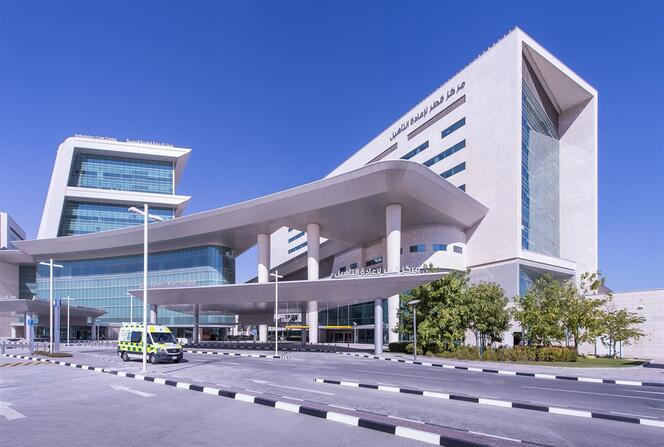
Caesarean sections should only be performed on expecting mothers when it is medically necessary, the World Health Organisation (WHO) has warned in a new statement on the issue.
As they increase in prevalence, C-sections are becoming one of the most common surgeries in the world, particularly in high- and middle-income countries such as Qatar.
The procedure, in which one or more incisions are made through a mother’s abdomen and uterus to deliver one or more babies, can save lives. But it is increasingly performed without medical need and in some situations can lead to complications that result in disability or even death, WHO said.
Since 1985, the recommended rate of C-sections has been believed to be between 10 percent and 15 percent of the total number of deliveries performed nationally, but nowadays many countries exceed this.
By the numbers
According to a Qatar Health Report published in March last year by the Supreme Council for Health, Qatar’s total rate of C-sections stood at 23.8 percent as of 2011.
That’s more than 8 percent above the recommended figure, although still a little behind the OECD average of 25.9 percent.

The rate was determined based on a total of 20,001 deliveries, with 87 percent (17,632 births) of them taking place in Hamad Women’s Hospital, while the remaining 13 percent (2,630 deliveries) occurred in private hospitals.
However, the figures differed significantly between public and private hospitals. Public hospitals had a C-section rate of 21.8 percent of deliveries, while private hospitals had a rate of 37.5 percent.
Compared to a 1998 report, when Qatar’s overall rate of C-sections hovered around 16.3 percent, the report concluded there was a “significant increase” in the number of such surgeries being performed here, in line with a similar trend in other OECD countries.
Among the reasons cited by the report for the overall increased rate were reductions in the risk of Caesarean delivery, patient preference and increases in maternal age at first birth, which contributed to a rise in multiple births from assisted reproduction.
In Qatar, an additional reason that may be pushing up the numbers is that many women who have had one C-section elect to deliver using the same procedure for subsequent children.
Warning
In its latest statement, which was issued this week, WHO said that when medically necessary, a C-section “can effectively prevent maternal and perinatal mortality and morbidity.”

It pointed to new evidence that shows when Caesarean section rates rise toward 10 percent across a population, the number of maternal and newborn deaths decreases. But when the rate goes above 10 percent, there is no evidence that mortality rates improve.
“There is no evidence showing the benefits of caesarean delivery for women or infants who do not require the procedure,” the statement said, adding:
“As with any surgery, caesarean sections are associated with short and long term risk which can extend many years beyond the current delivery and affect the health of the woman, her child, and future pregnancies. These risks are higher in women with limited access to comprehensive obstetric care,” the statement warns.
The director of WHO’s department of Reproductive Health and Research, Dr. Marleen Temmerman, added: “These conclusions highlight the value of caesarean section in saving the lives of mothers and newborns.
They also illustrate how important it is to ensure a caesarean section is provided to the women in need – and to not just focus on achieving any specific rate.”
One of the issues surrounding high rates of C-sections is that, due to their increased cost, they can pull resources away from other services, particularly in countries with overloaded and weak health systems, the WHO statement concluded.
Cost of delivery
An earlier WHO study on C-section use internationally, which was published in 2008, looked at the number of such surgeries performed in 137 countries and found that 6.2 million unnecessary sections were performed, at a cost of US$2.32 billion.
That report concluded:
“CS that are possibly medically unnecessary appear to command a disproportionate share of global economic resources. CS arguably function as a barrier to universal coverage with necessary health services. ‘Excess’ CS can therefore have important negative implications for health equity both within and across countries.”
Rates of C-section procedures vary dramatically globally. China has one of the world’s highest rates of the delivery, as around half of the nation’s 16 million babies in 2010 were born in this way, according to a study in the BJOG, an International Journal of Obstetrics and Gynaecology. In the US, the rate is 33 percent, according to 2013 WHO data.

Within Europe, figures for the surgery vary. Around a quarter of all births in the UK are by C-section, while in Sweden, some 17 percent of deliveries are performed these way. Meanwhile, in Cyprus, the figure is 57 percent, according to the BBC. These include planned C-sections as well as emergency procedures.
While Qatar’s rate is certainly not the highest in the world, its rapidly expanding population means that more births by C-section could lead to rising healthcare costs.
The number of deliveries in the country’s public hospitals alone last year rose by 4.5 percent by 2013, and last month Hamad Medical Corp. (HMC) said it was encouraging residents – especially expectant mothers – to consider treatment outside of Doha in a bid to spread the pressure on key healthcare facilities.
Have you delivered a baby in Qatar? Thoughts?







